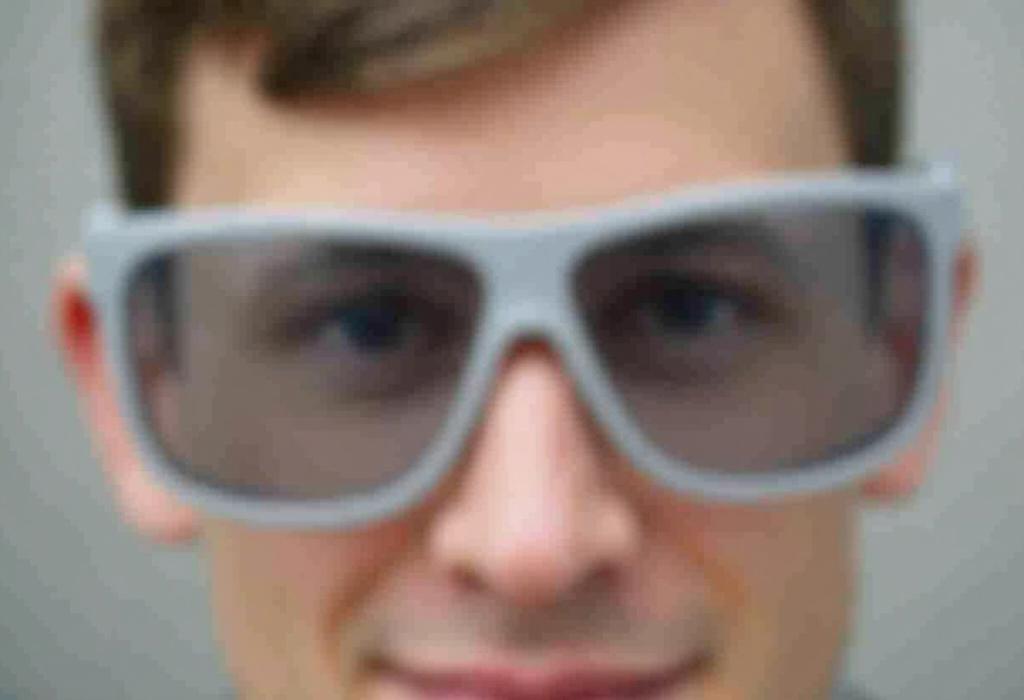In the latest edition of Mark Gurman's 'Power On' newsletter, it's reported that Apple is making steady progress on developing its own smart glasses, with the project currently codenamed N50. These glasses will leverage the company's advancements in artificial intelligence technology, with the intent to provide an affordable device that can offer informational support to the wearer without crossing into full augmented reality (AR) territory.
This anticipated product comes as Apple continues to aspire toward a future where augmented reality glasses become mainstream consumer items—though, according to Gurman, the timeline for such a product remains a few years out, with potential launch windows estimated around 2027. During this interim, Apple appears to be strategically looking at developing a simpler smart glasses model akin to Meta's collaboration with Ray-Ban, which has seen notable market success.
Unlike Meta's Ray-Ban smart glasses, which include a camera for capturing photos and videos, it seems Apple is still weighing the privacy implications of including photography capabilities in its own device. The current focus is set on creating a smart assistant experience that blends seamlessly into the daily lives of wearers, analyzing the environment and delivering relevant information in real time. Furthermore, Apple's simultaneous efforts in developing AirPods with integrated cameras hints at an expansive vision for integrating AI across various devices.
Tim Cook, Apple's CEO, has long positioned augmented reality as a key focus area for the company's future, indicating a commitment to an end goal of leading in AR technology. However, the road ahead is fraught with technical challenges—ensuring that the glasses remain lightweight, maintain a long battery life, and incorporate sharp displays while also making the technology user-friendly and commercially viable.
Interestingly, the competitive landscape is heating up, with notable players like Meta already offering products to the public. Meta's ongoing production of new generations of smart glasses serves as a benchmark, creating pressure on Apple to differentiate itself when it finally enters this space. Despite this competitive pressure, Apple appears to be following its historical approach—taking its time to deliver products that redefine the market rather than rushing to be first.
Overall, the prospect of Apple's smart glasses generates a buzz in the tech community, especially considering the possibilities of how this technology could integrate into everyday tasks. For users, these glasses hold the potential to enhance various aspects of life, from navigation to real-time assistance in complex tasks. The essential question remains whether Apple can achieve this functionality in a form factor that successfully transitions from concept to consumer-friendly product. As we await more updates, it's a wait-and-see game for tech enthusiasts eager for Apple's next big move in wearable technology.
Mark Gurman has established a reputation for reliable insights into Apple’s internal workings, lending credence to the anticipation around this product. His insights about Tim Cook’s focus on AR technologies further validate the long-term vision Apple has for such developments in wearables. Ultimately, the interplay of privacy, functionality, and user demand will play significant roles in the success of Apple’s smart glasses upon their eventual launch.
For those keenly following tech innovation, Apple’s developing strategy raises numerous discussions on privacy, AI advancement, and the future of integrated technology in our lives. The evolution of smart glasses will be an exciting sector to watch in the coming years, setting the stage for potentially groundbreaking advancements once Apple finally enters the arena.
AD
AD
AD
AD
Bias Analysis
Bias Score:
30/100
Neutral
Biased
This news has been analyzed from 14 different sources.
Bias Assessment: The news is predominantly informative and focuses on factual reporting regarding Apple's plans for smart glasses, with minimal emotionally charged language or favoritism towards any company. However, there is an implicit bias towards the positive potential of Apple’s innovations, typical of many tech news articles, which skews the score slightly towards bias without making egregious claims.
Key Questions About This Article




